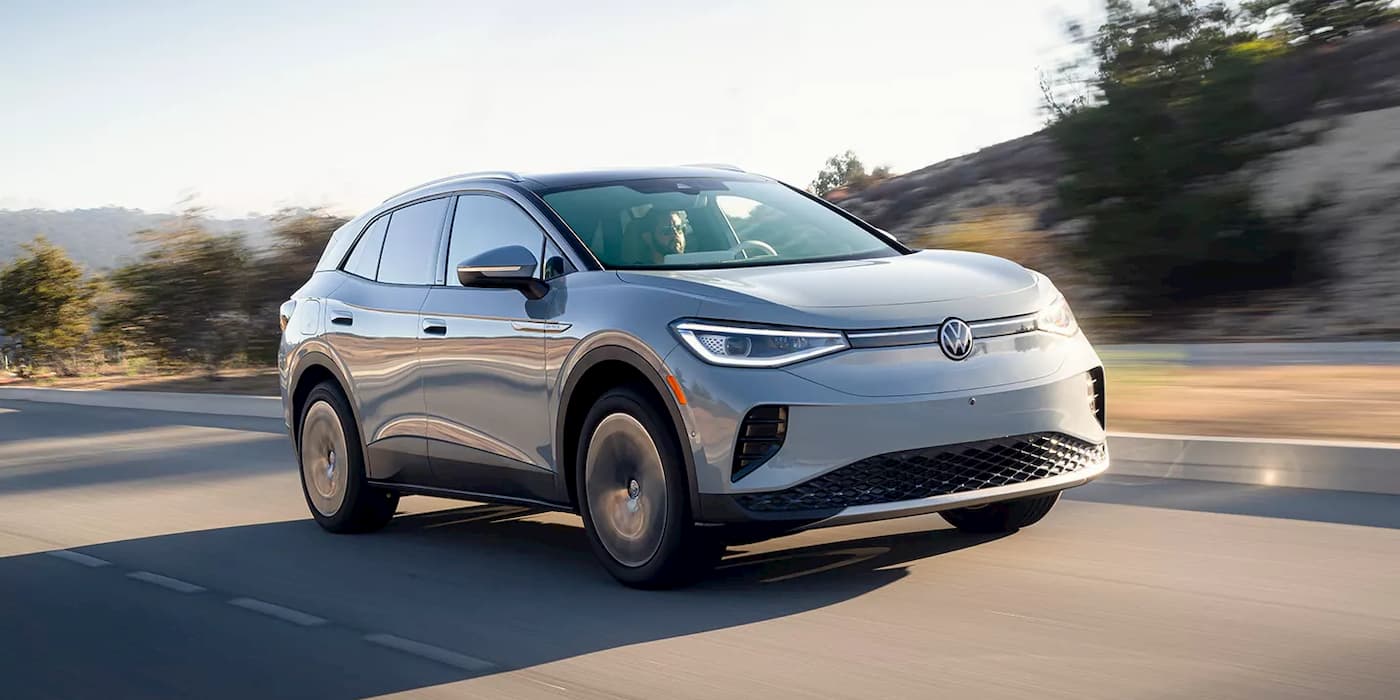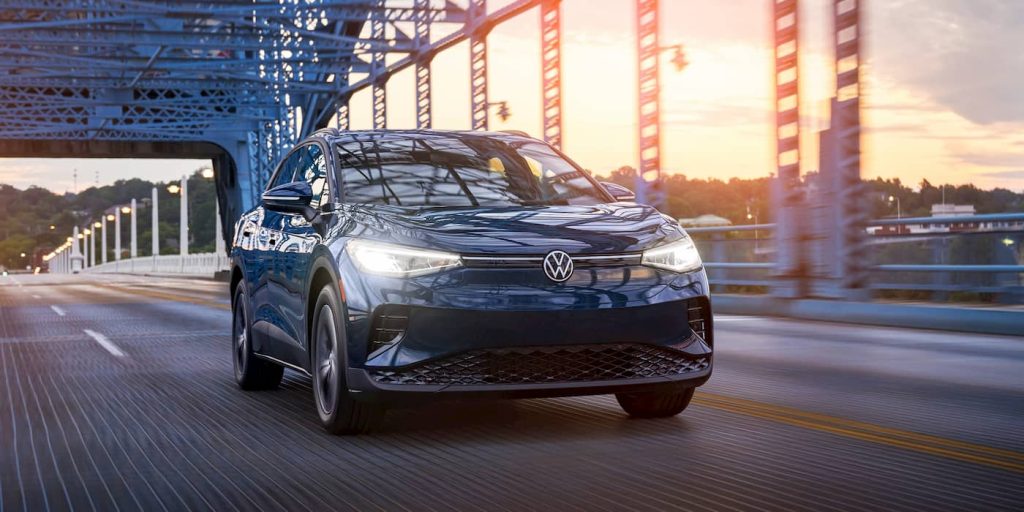
After battery electric vehicle (BEV) sales rose 26% in 2022, Volkswagen is doubling down on its EV strategy, investing nearly $200B (€180 billion) over the next five years to ramp production.
Despite overall delivery totals falling 7% in 2022, Volkswagen says it remains well positioned for future growth.
The Volkswagen Group delivered 572,100 electric vehicles last year, maintaining its position as BEV market leader in Europe, while deliveries in China, the world’s largest EV market, grew by 68%. That said, the automaker is looking forward to carrying the momentum into 2023 with several new models and initiatives planned.
CEO of the Volkswagen Group, Oliver Blume, said 2022 “was an important year” for the business, claiming:
BEVs accounted for a record 7 percent share of total deliveries – a significant milestone that we will build upon this year as our popular model range continues to grow.
More importantly, EVs now account for 16% of the Volkswagen Group’s order book, reflecting the growing demand for zero-emission battery electric transportation.
The Volkswagen Group’s best-selling EVs last year include:
- VW ID.4/ ID.5: 193,200
- VW ID.3: 76,600
- ŠKODA Enyaq iV (incl. Coupé): 53,700
VW believes the best is ahead of them as it executes its Ten Point Plan EV strategy to increase profitability and drive electric vehicle sales in an increasingly competitive market.

VW charges up EV strategy with nearly $200B investment
According to Volkswagen, the automating group plans to invest €180 billion (around $193 billion) over the next five years to advance its market position.
VW plans for 68% of the new investment to go toward digitalization and electrification as it looks to solidify its position in the future of the auto industry, compared to previous plans of allocating just 56% of the investment.
One of the biggest reasons for the increase is due to up to €15 billion (about $16 billion) being used for the construction of PowerCo battery cell plants and the associated costs of raw materials.
Volkswagen announced plans Monday for its first PowerCo cell plant outside of Europe located in St. Thomas, Ontario, which the automaker calls a key piece to its North America EV strategy. By 2030, VW expects PowerCO to generate a profit of more than €20 billion ($21.4 billion).
The news comes shortly after VW revealed plans to build over 200,000 rugged Scount brand electric SUVs and pickups in South Carolina. However, production is not set to begin until 2026.
Volkswagen is now planning for every fifth vehicle sold globally to be fully electric as early as 2025. To get there, the automaker has several long-awaited releases, including the new ID.3, ID.7, ID. Buzz, and Audi Q8 e-tron. With the latest launches, VW aims for a 10% EV delivery share in 2023.
FTC: We use income earning auto affiliate links. More.






